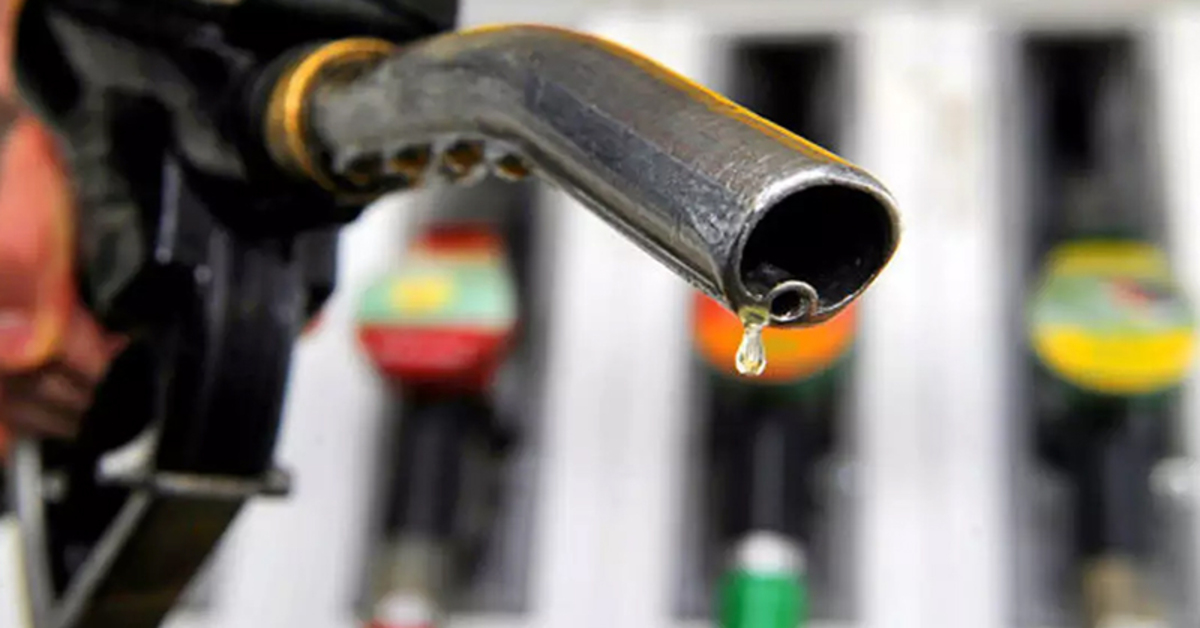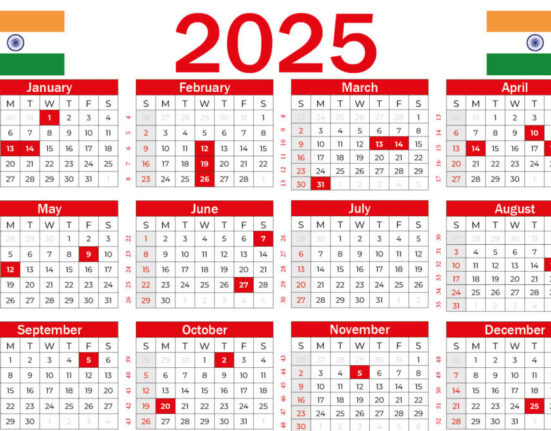The COVID-19 pandemic has laid down the groundwork for painful economic reforms and is poised to have a significant impact on the economic groundwork. The constantly rising fuel prices, that too in the lockdown period is living proof of that. Moreover, with the central and state governments raising taxes on petroleum products, don’t you think this has paved the way for significant economic reforms in the future?
In a historic first, the price of Diesel in the national capital of Delhi irked many in the country. Many termed the government raising prices to be an unethical practice to fill up the state coffers even when the common man is struggling to make a livelihood and is in a dire need of finances.
However, unethical or non-consumer friendly it may seem, there are a few key reasons that have led to this price surge and the government is looking for ways to make sure that the governmental revenues stay afloat. Moreover, with the state governments raising the prices too, is there any inherent reason that led to this price increase?
The government recently raised the road cess to Rs 8/litre. This high tax can lead to a respectable 1% growth in India’s GDP. The COVID induced lockdown has already shrunk India’s GDP by 2-3% and the government needs every penny that it can get to counter the ill-effects of the pandemic and support the rising healthcare needs.
Ajit Ranade, a prominent economist stated that 70% of the petroleum costs are composed of various taxes. However, the petrol prices in India hover around Rs. 80/litre, a figure that is far lower than Europe and Japan but is a bit higher than the lower-taxed petroleum prices in the USA. India is one of the most polluted countries in the world and this rise in fuel taxes may prove to be a deterrence to exponential consumption growth.
We are already witnessing the transformation towards e-rickshaws that promise zero emissions and are entirely noise and pollution-free. A similar approach could be applied to transitioning two-wheelers to the electric platform. Although we can also do a similar thing with cars, it is only a matter of technology adoption, and the way electric rickshaws are spreading fast, this does not seem too difficult to adopt by the masses.
Whenever the prices of petroleum products are increased, they lead to huge protests around the country. P. Chidambaram from the prior UPA government tackled this issue by raising prices just a few Paisa at a time, throughout a period of time. The present government also uses the same strategy to deter protestors and make the price increase impact less profound.
BJP has abolished petroleum subsidies and raised taxes at the same time. When the global fuel prices rise, the Indian petroleum prices also rise. But when the prices fall, the Indian petroleum prices only fall a bit and remain almost the same. The reduction in fuel prices is tackled by increased government taxes, which result in the constant rise in Indian petroleum prices.
Historically, petroleum subsidies were taken for granted. Petrol, Diesel, & Kerosene, all products had significant tax subsidies levied on them. However, since the 2000s, this scenario has been constantly evolving. The government gradually phased out subsidies and even turned petroleum products from a government liability to a rich revenue source.
The government makes its case by explaining that since petroleum products are toxic and irreversibly damage the environment, the higher taxation can prove to be a deterrence to excess utilization and at the same time, push the bar towards renewable energy resource utilization.
The transition from petroleum to renewables will surely take time. But a gigantic leap of these proportions wouldn’t have happened overnight. In the past, politicians have also said that Diesel is used by farmers to power their tractors and the trucks that use Diesel to transit goods across the country.
This resulted in Diesel getting cheaper than petrol, by almost 50% in the past. The low fuel cost also pushed the demand for expensive Diesel cars, that emit a far higher volume of PM 2.5 particles, and damage the health of the entire human society. However, with the recent moves, these methods and tactics seem to be changing.
Now today, the ground level situation is as follows. Almost all the Diesel run pumps are replaced by electric pumps. And Diesel, for the first time has become expensive than petrol. The Kerosene subsidy has also ended leading to a stop of the long sought after dilemma.
Kerosene was used by poor people for their cooking needs. Urban dwellers relied on LPG for their cooking activities, but they are also switching from LPG to piped natural gas. The subsidized kerosene was used to adulterate Petrol and Diesel to be used in pumps and vehicle engines. This adulterated mix caused significant harm to move mechanical parts, and in a way, did more harm than good.
Although the government still subsidizes LPG, the approach is now entirely different. Earlier, the fuel was subsidies at the top level before reaching the end consumer. But today, it is facilitated by direct bank transfers to the beneficiary’s bank accounts. This method of subsiding is highly effective and ensures that the subsidy reaches the right person without the middlemen.
Subsidies are slowly fading away and it is only a matter of time when we witness an energy delivery system that is entirely powered by renewables. Solar energy is definitely the way forward and we will surely witness numerous other deployments in various energy consumption domains.
Moving forward, we may see an even larger transition towards renewables such as using solar energy for cooking and other purposes. We are already witnessing the shift towards electric cars with the likes of Tesla and other EV makers who have already hopped on the EV bandwagon. It’s time that we take this enormous transition seriously as it will require significant efforts from each and every one of us.






